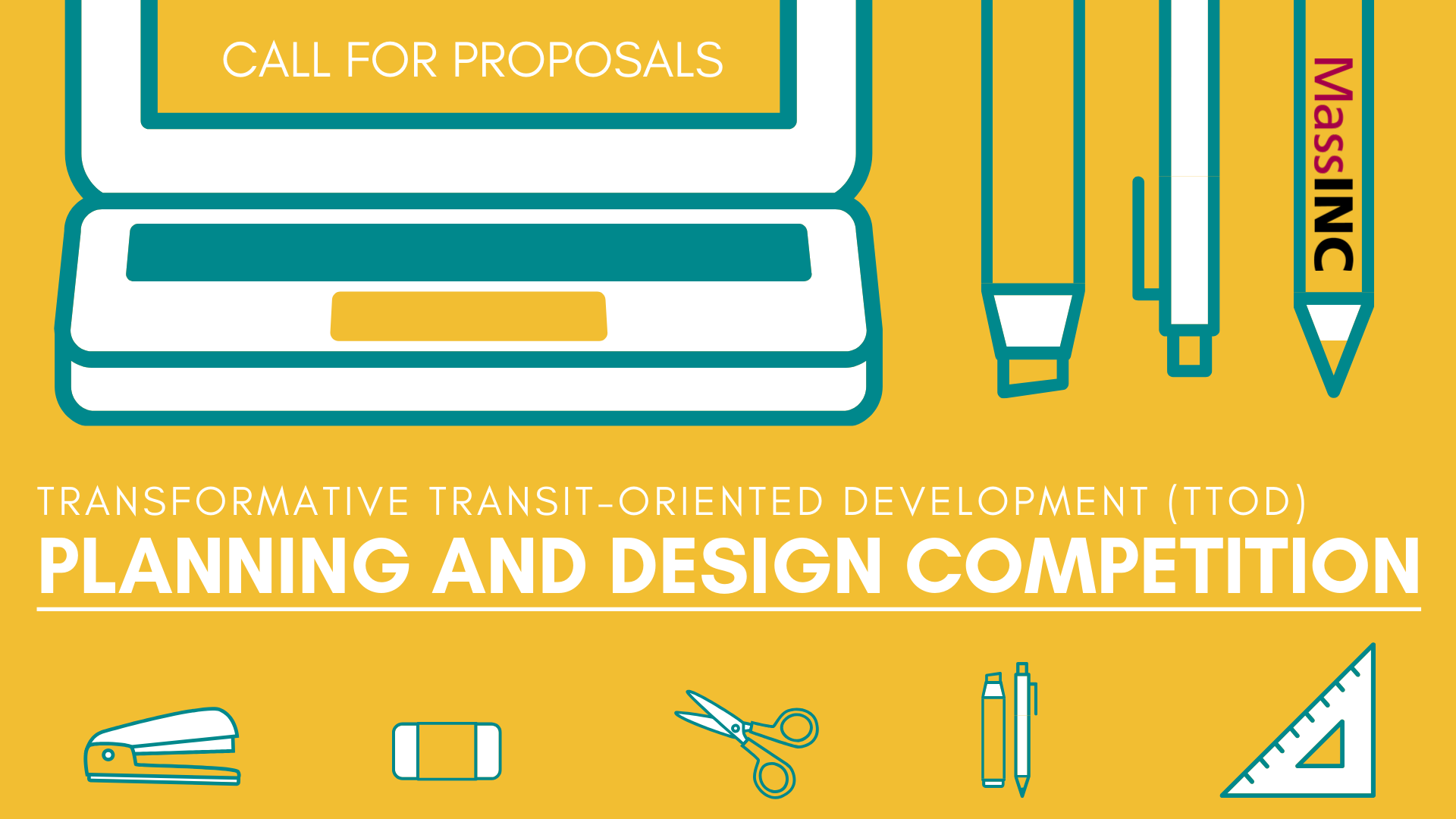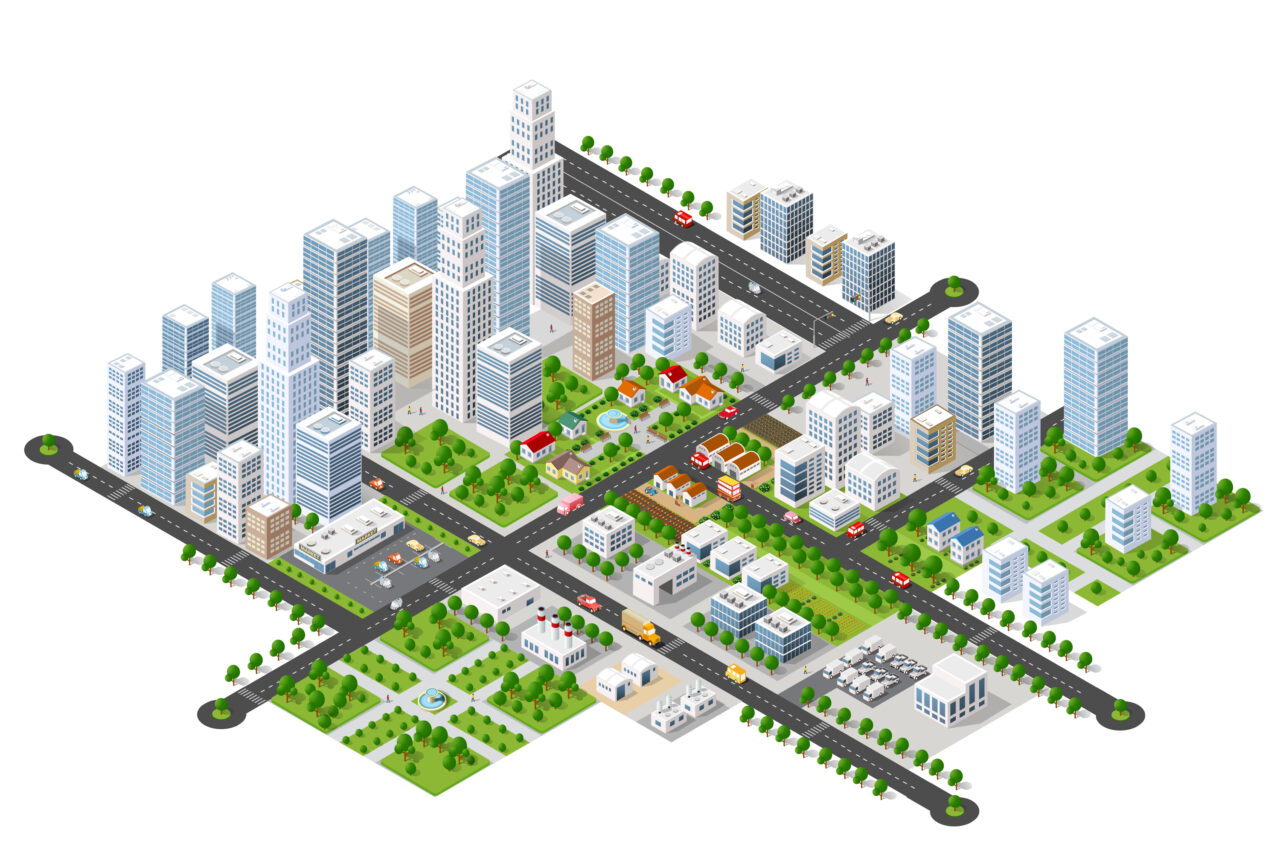
Dear Gateway Cities friends and supporters,
We have received requests asking for more information on the community engagement component of our TTOD Competition, so we would like to lay out the requirements here and hopefully address some of your questions and concerns.
Our goal is to encourage participation, not just input, from the people who live, work, learn, and connect in our Gateway Cities. To achieve this, each team of students and city officials must:
1. Include the contact information for at least one connection at a local non-profit or community organization within your proposal (due January 12th). Recommended organizations include:
- Local community development organizations
- Grassroots community planning groups
- Activists and organizers related to land use, housing, workforce development, or transportation
- Small business accelerators and incubators
- Arts & culture organizations
- Neighborhood associations
- Regional and local chambers of commerce
- Adult leaders of youth organizations
- Community foundations
- Social justice groups
2. In your proposal, explain how you will work with your community partner to include their concerns, insights, and recommendations and encourage participation.
Public or community engagement traditionally has taken the form of public information sessions and town hall-style meetings. However, MassINC recognizes that these community engagement methods are not always effective ways for the public to participate in planning. Also, regular meetings with the public require extensive planning and may be challenging for students due to their busy schedules.
Instead, we encourage you to work with a community organization with close ties to the needs and concerns of the TOD area. Coordinating with a few of their key members or leaders will make connecting city and community leaders more feasible for everyone on your project. Also, project teams can use online collaboration tools, like video chats, webinars, and online file sharing, to engage folks in the projects. We encourage students to visit their project site at least twice during the project’s scope, but not all meetings must be in person.
We are happy to help connect you to non-profits and other organizations in your area if you are having trouble finding community partners. However, many of the Gateway Cities already have strong ties with local community organizations either directly or through TDI fellows.
Most importantly, in whatever ways you choose to engage the public, you must insure that you are being thoughtful about: 1) who has been excluded from the planning process; 2) who has a say in your planning process, and 3) that these groups or representatives of these groups are involved from the beginning. Some questions to think about include: Who will be impacted by your proposed project? Are you considering marginalized groups and identities? Are you taking public concerns seriously? How would you like to be involved if a TOD project was being implemented in your neighborhood?
Please let us know if you have any other questions or concerns about community engagement for your proposed project. Also, come to our optional equitable TOD workshop in Worcester (in-person participants only) on November 20th to learn more about ways to engage people meaningfully in projects and planning.
Best,
Tracy and Rachel
MassINC’s TTOD Competition Team
